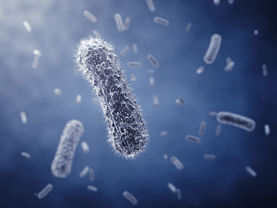 We hear a lot about good bacteria, bad bacteria, microflora, microbiome, gut flora. But what are these? Why should we care? Essentially our bodies are made up more of bacteria than they are of human cells. New research last year puts the number of bacteria as roughly equivalent with human cells. Which, lets be honest, is a hell of a lot of bacteria inside us! If we break it down to layman's terms - not all the bacteria in your body is good. Some of it is bad. When the bad overtakes the good we see some signs of immune dysfunction (remember 70% of the immune system is based in your gut!) This could be frequent infections such as bronchitis, fungal infections, scalp and skin problems, eczema, psoriasis. Bloating and gas could be a sign of bacteria overgrowth in the small intestine as can IBS, IBD, food intolerances, and more chronic illness' such as fibromyalgia and chronic fatigue syndrome. Sometimes our stomachs are called our second brain. This is due to the enteric nervous system located here - the second largest part of our neurological system. Although research is ongoing there are links to gut bacteria and dementia, autism, Alzheimers. Truth be told, scientists are still discovering what the connection is between humans and our internal bacteria and the undoubtedly huge effect it can have on our health. In some cases, antibiotics are needed to kill off the bad bacteria. Antibiotics can be lifesaving and are totally necessary to human survival. However, unfortunately after the discovery of them, they have been dished out more and more by the medical profession (a lot of the time unnecessarily) due to a lack of understanding of bacteria in our bodies. This means not only is the bad bacteria destroyed but also the good. Overuse of antibiotics can also result in bacterial resistance. Anyway, you get the picture - you want to keep the bad bacteria to a minimum and look after the good guys. How do we do this? Firstly, prebiotic foods. Food that we can eat that also feed the bacteria in our gut. Garlic, onions, leeks, asparagus, oats, apples, jerusalem artichokes. All of these food items have numerous health benefits, not least because they sustain our gut microflora (or bacteria) living in our colon. Secondly, probiotics. You can take a probiotic supplement or even easier (and cheaper!) you can eat probiotic food. So food which actually contains live bacteria. Sauerkraut, kimchi, miso soup, tempeh, live yoghurt, kefir, buttermilk, pickles (brined in water rather than vinegar) sourdough, kombucha. Some of it is quite exotic sounding (and tasting!) but as our knowledge increases so does availability of these things! Make sure you don't buy mass produced supermarket versions of these things - they need to be live and unpasteurised and in the case of something like sauerkraut raw! Or go one step further and make something probiotic yourself. I had a go at homemade probiotic lemonade. Its dead easy, relatively quick and absolutely delicious! A superb way to get probiotics into children too....
0 Comments
|
AuthorLouise Cullen Archives
October 2020
Categories
All
|
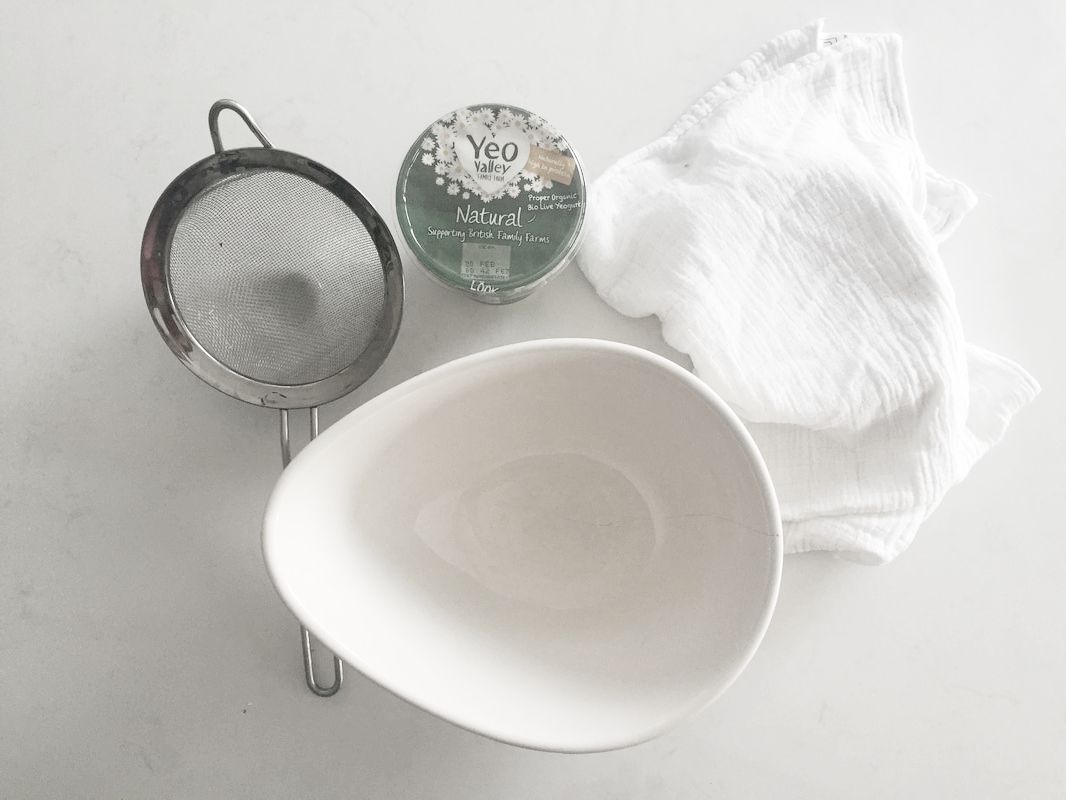
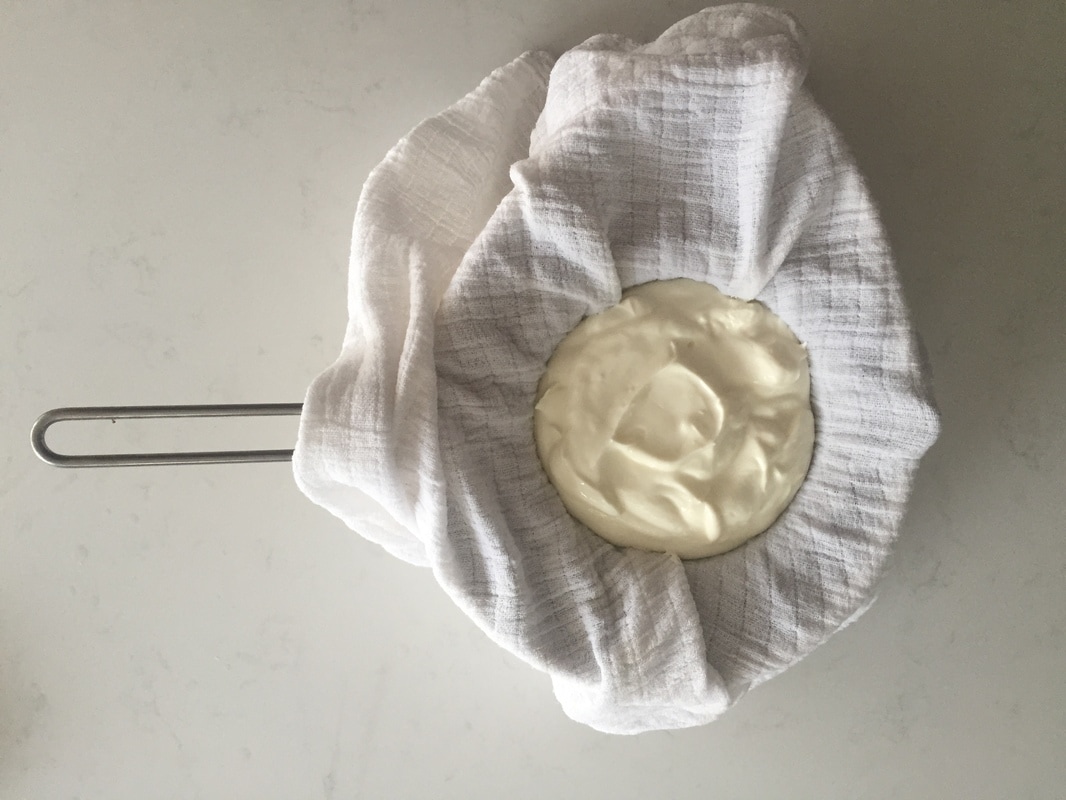
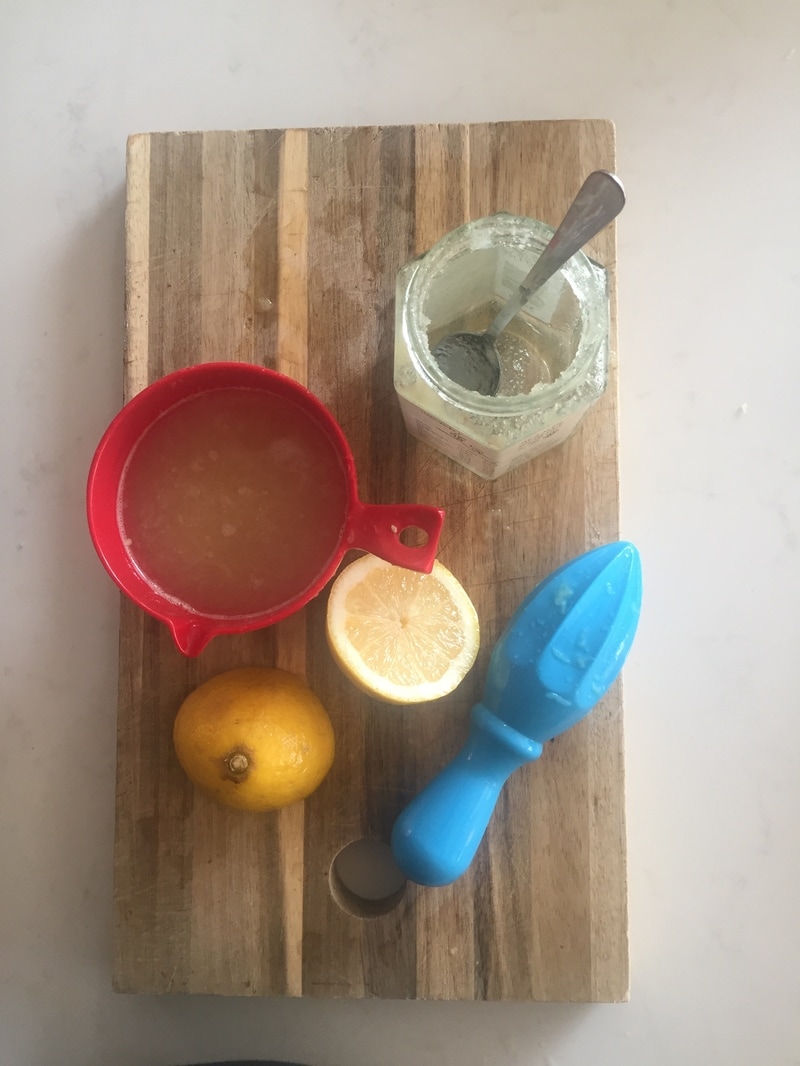
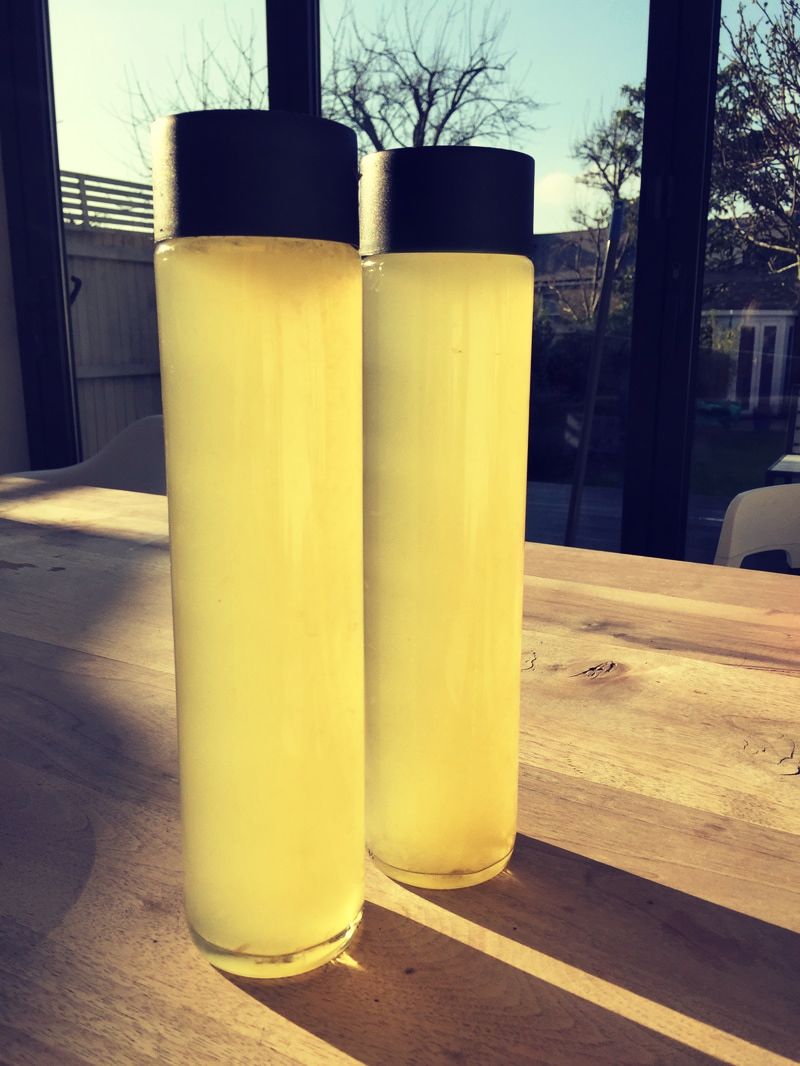
 RSS Feed
RSS Feed
